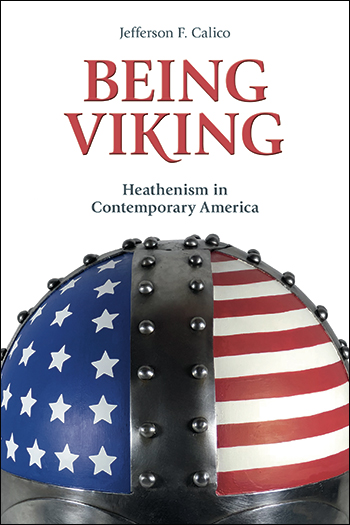Albion's Sage for the New Age
John Michell, Radical Traditionalism and the Myth of Sacred England
Marleen Thaler [+–]
University of Vienna
The English writer, self-proclaimed radical Traditionalist, and esoteric theorist John Michell (1933–2009) influenced esotericists, New Agers, and contemporary Pagans through his theory of “Sacred Place”. Through books such as The Flying Saucer Vision(1967) or The View over Atlantis (1969), he aimed to re-sanctify the English landscape, and to launch a revived Golden Age with Glastonbury as point of departure. In Michell’s cosmology, the concept of the Heavenly City is reified by his triumvirate of the lost Atlantis, the contemporary Glastonbury, and the prospective New Jerusalem. His ambitious millenarian project follows a long tradition of attributing spiritual qualities to Glastonbury yet stands out due to its implication of sacred geometry and numerology. Ronald Hutton described The View over Atlantis in particular as “almost the founding document of the modern earth mysteries movement.”
Albion’s Sage for the New Age introduces and contextualizes sacred place and nature theories within the frame of alternative religious streams to aid in an analysis of Michell’s Sacred Place Theory. The book also elaborates on specific matters such as the contemporary religious stream of nature religion, and the British Earth Mystery Movement. Both streams embrace a great variety of nature related devotions and belief systems. Finally, it provides a discussion of the reception of Michell’s ideas within the “greener” portion of the European New Right and within the American “alternative right”.
Table of Contents
Chapter 1
Chapter 2
Chapter 3
Chapter 4
Chapter 5
Chapter 6
Chapter 7
£24.95 / $32.00
Institutional
£70.00 / $90.00








